

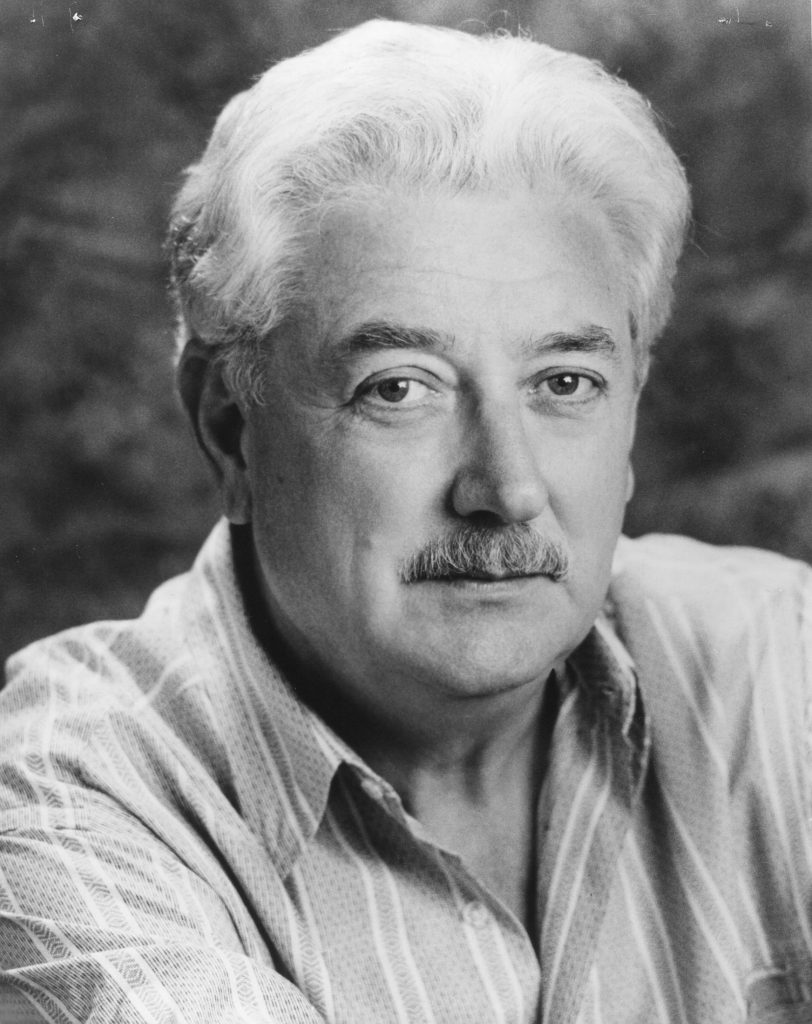
Joseph Maher. TCM Overview.
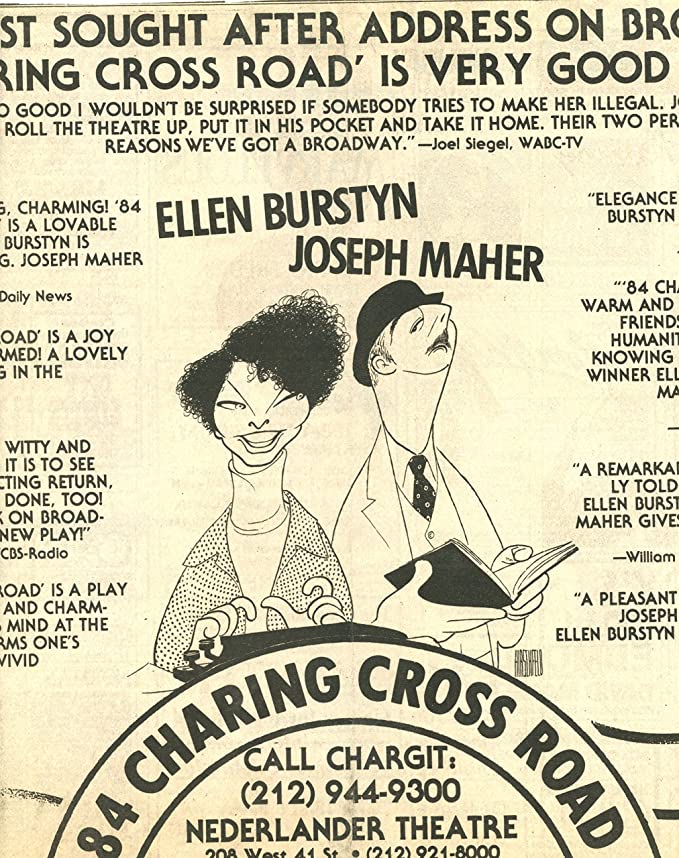
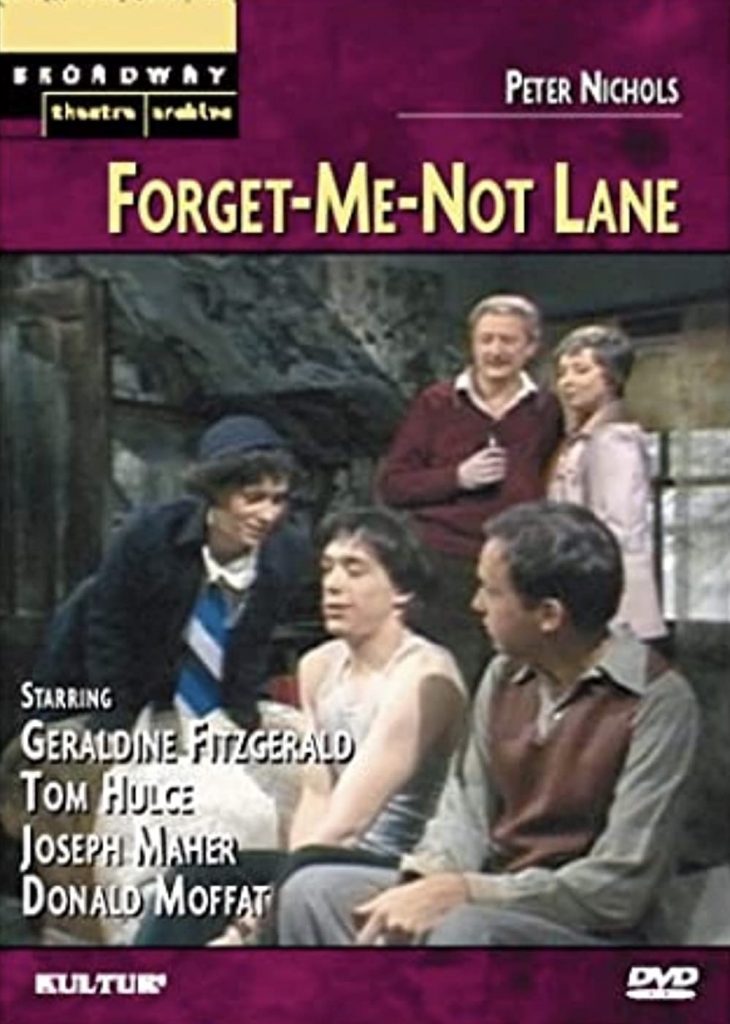
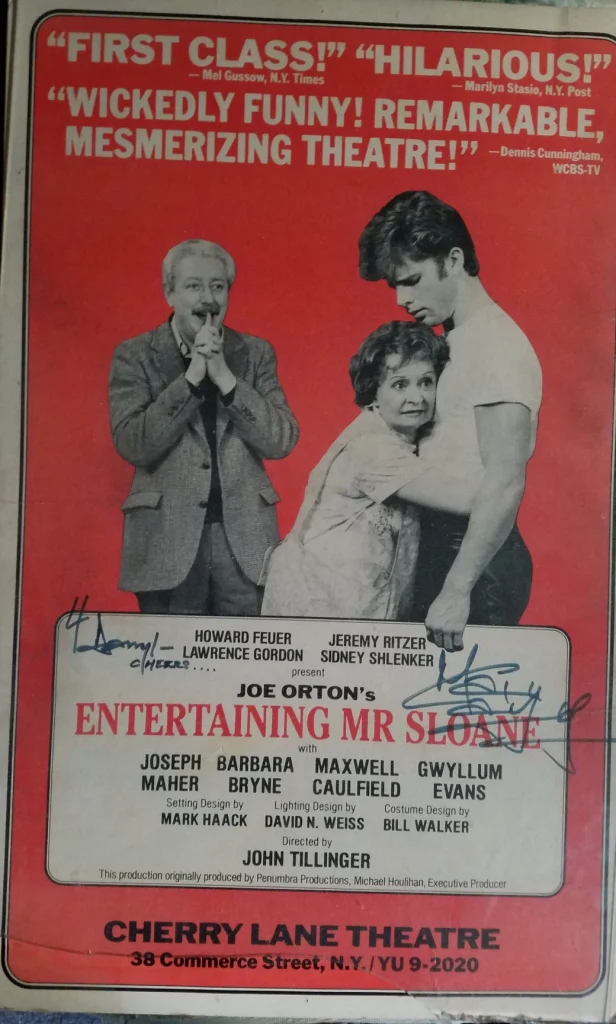
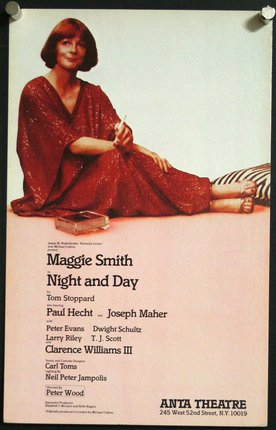
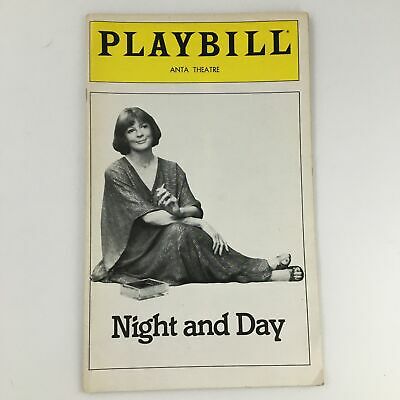

Joseph Maher was born in Westport, Irelandin 1933. He has appeared in 43 films and has been nominated for three Tony nominations. Among his films are “Heaven Can Wait” and “The Out-of-Towners”. Joseph Maher died in 1998. His obituary in “The Los Angeles Times” can be accessed here.
TCM Overview:
A veteran character player with a long career on stage and screen, the silver-haired, often mustachioed Joseph Maher was usually cast in comedic roles, generally as butlers or clerics. The Irish-born actor moved to Canada at age 22 where he briefly worked for an oil company and as a bartender before joining an amateur theater troupe. He made his professional debut with the Canada Players in a 1959 production of “The Taming of the Shrew” and migrated to the USA three years later. Maher soon became a prominent stage actor, co-starring with Dustin Hoffman in “Eh?” (1966-67), Zoe Caldwell in “The Prime of Miss Jean Brodie” (1968) and Al Pacino in “The Local Stigmatic” (1969). During this time, he alternated between NYC and regional theaters. He also found time to act in the occasional TV production, like his supporting turn to Julie Harris in “Little Moon of Alban” (NBC, 1964).
Maher continued to spend much of the 70s and 80s alternating between theater and the small screen. He appeared in support of Rosemary Harris and Eva Le Gallienne in “The Royal Family” (1975-76) while simultaneously featured on the NBC daytime drama “Another World.” Maher earned back-to-back Tony Award nominations in 1979 and 1980 as Best Featured Actor in a Play for “Spokesong,” a drama set in Ireland, and “Night and Day,” a revival of Tom Stoppard’s play. In the 80s, the actor went on to establish himself as one of the foremost contemporary interpreters of the works of Joe Orton (often directed by John Tillinger). As the befuddled but determined police inspector Truscott in “Loot” (1986), Maher all but stole the show and earned a third Tony nomination. He similarly enlivened productions of Orton’s “What the Butler Saw” (which he performed in both NYC and London) and “Entertaining Mr. Sloan.” One of his last stage appearances was in a 1995 staging of “The Entertainer” at the Long Wharf Theatre.
Maher’s stock in Hollywood rose in the 70s beginning with his turn as a Wall Street executive interested in sex games in “For Pete’s Sake” (1974) followed by his butler to Warren Beatty in “Heaven Can Wait” (1978). He continued to amass credits in the 80s, although in mostly forgettable fare (e.g., “Going Ape!” 1981, “Funny Farm” 1988). In 1992, Maher played the bishop in “Sister Act” and ushered in a period of intense work. He was a museum curator in “The Shadow” (1994) and a dimwitted colleague of Albert Einstein’s in “I.Q.” (also 1994). The actor had one of his best roles as the artist’s dealer in “Surviving Picasso” (1996) while his last released film “In & Out” (1997) typically cast him as a priest.
In tandem with his feature work, Maher appeared as a regular on a number of TV sitcoms. He was Billy Dee Williams’ butler in the short-lived “Double Dare” (CBS, 1985), After a turn as St Peter counseling a returned soul in the Fox comedy “Second Chances” (1987-88), Maher joined the cast of “Anything But Love” (ABC) for the 1989-90 season. More recently, he had a recurring role of a doctor on “Chicago Hope,” co-starred as a college chancellor in “Goode Behavior” (UPN, 1996) and was an interior designer on “Style & Substance” (CBS, 1998).
The above TCM Overview can also be accessed online here.
Dictionary of irish biography
Maher, Joseph Sylvester (‘Sylvie’) (1933–98), actor, was born 29 December 1933 in Westport, Co. Mayo, the youngest of four girls and three boys born to Joseph Maher, principal of Brackloon national school, and his wife Delia Anne (née O’Malley). (His siblings included Maureen, Noreen, Eileen, Bridie and Thomas.) The family lived in Brackloon in Westport, where Maher attended national school. In 1952 Maher completed his leaving certificate at Westport Christian Brothers’ school. An avid reader and Gaelic football player with Drummin, Maher adored singing and enjoyed watching plays performed by touring fit-up companies, and attending the circus.
Encouraged to become a teacher, he briefly worked in a local bank before moving to England c. 1951. Living in Bedford Park, London, he worked in a windscreen wiper factory and then in a pub. Maher emigrated to Canada in 1956; in Toronto he worked in the stock-room of an insurance company, and then for an oil company. Drawn to acting, he responded to an advertisement in a newspaper and was cast in a minor role in an amateur production of Sean O’Casey’s (qv) ‘Juno and the paycock’. Accepted by Lawlor’s Acting Studio in the city, Maher trained in the Stanislavski method, and at the Royal Conservatory, where he first encountered the plays of Chekhov, whom he came to admire greatly. In the late 1950s he would take the bus to New York city to attend Broadway shows and independent theatre productions.
Maher’s stage début was in a 1959 production of Shakespeare’s ‘The taming of the shrew’ in Toronto. He appeared in the Canadian Broadcasting Corporation television series Hangman’s house in 1960 as an ‘Irishman’, and then toured with the Stratford Ontario Company and the Canadian Players (a national company); he also managed the latter company for a while. Maher appeared off-Broadway in Oscar Wilde’s ‘The importance of being earnest’ and then as the Irish Republican Army officer in Brendan Behan’s (qv) ‘The hostage’, alongside Julie Harris, in New York in 1962. In spring 1964 he made his Broadway début in ‘The Chinese prime minister’. Over autumn and winter of 1964–5 Maher toured American Midwest and east-coast theatres and nightclubs with The Establishment revue, an ensemble including Peter Cook, David Frost, John Cleese and others. His appearance in John Arden’s (qv) ‘Live like pigs’ in Boston garnered critical acclaim. The production transferred to New York city, and Maher was awarded the 1965 best actor of the season award from the Drama Board.
Well respected amongst contemporaries for the dynamism of his acting, Maher’s stage career continued to gather momentum when he appeared alongside Dustin Hoffman in ‘Eh?’ in 1967, with Zoe Caldwell in ‘The prime of Miss Jean Brodie’ in 1968 and with Al Pacino in ‘The local stigmatic’ in 1969. These productions placed him within the new independent theatre movement then coalescing in New York. Maher then tackled Shakespeare in productions of ‘Henry V’ (1969), ‘Othello’ and ‘All’s well that ends well’ (both 1970) and ‘Julius Caesar’ and ‘Anthony and Cleopatra’ (both 1971), all produced by the American Shakespeare Festival Theatre at Stratford, Connecticut. This was interspersed with his October 1970 appearance in Arthur Miller’s ‘The price’ in the Olympia Theatre, Dublin, his only Irish stage performance. He lived for a time in Stratford (c. 1971/2), writing and producing experimental one-act plays there. Later, in New York, his play ‘Dance for me, Simeon’, was produced in 1976 at the Long Wharf Theatre, New Haven, Connecticut and the George Street Playhouse, New Brunswick, New Jersey. In November 1983 Maher returned to ‘The hostage’, directing and starring in a production at the Long Wharf Theatre.
Maher appeared in David Storey’s ‘The contractor’ at the Chelsea Manhattan Theatre in 1973 (which won best play at that year’s Drama Critics Circle awards) and alongside Peter Ustinov in the premier of the latter’s ‘Who’s who in hell’ in 1974, and later that year in Los Angeles in Christopher Hampton’s ‘Savages’. Reprised in New York in 1977, ‘Savages’ won Maher an Obie (off-Broadway) distinguished performance award. During the late 1970s he toured with the Hudson Guild Theatre and other companies, appearing across New England in large provincial theatres. Maher was nominated for Tony awards for his supporting roles in ‘Spokesong’ (1979) by Stewart Parker (qv), and alongside his friend Maggie Smith in ‘Night and day’ (1980) by Tom Stoppard. Maher appeared in the successful revival of Joe Orton’s ‘Entertaining Mr Sloane’ which ran for seven months at the Cherry Tree Theatre, New York, in 1981–2. He starred as ‘fuddy-duddy’ Englishman (a form he excelled at), alongside Ellen Burstyn, in the Broadway production of ‘84 Charing Cross Road’ (1982–3). His depiction of a bookshop clerk in a pedestrian adaptation of the successful book won him wide acclaim. Maher often played authority figures, notably Inspector Truscott in director John Tillinger’s celebrated revival of Orton’s ‘Loot’ (1986), alongside Zoë Wanamaker and a débuting Alec Baldwin. ‘Loot’ gained Maher a record third Tony award nomination (all in the category of featured actor in a play) and a 1986 Drama Desk award, after which the production transferred to Los Angeles. Maher frequently collaborated with Tillinger, who noted that he made working with Maher a precondition of directing ‘Loot’ because of his ‘almost instinctive ear for Orton’s rhythms’ (New York Times, 5 Mar. 1989). Maher called the role a gift: ‘In the past people have cast me as butlers, severe gentlemen, villains. This is my first really zany character. I have that zaniness in me but no one had ever given me that to do before’ (New York Times, 14 Apr. 1986). In 1989–90 Maher starred as the lead character in Tillinger’s celebrated revival of Orton’s farce ‘What the butler saw’ at the Manhattan Theater Club. In 1991 the production transferred to London; Maher’s acting was widely lauded in the US and British press and he was nominated for comedy performance of the year at the Laurence Olivier awards. His last stage appearance was in John Osborne’s ‘The entertainer’ at the Long Wharf Theatre in June 1995.
Maher’s film career developed in parallel to his stage work, beginning with a role in the groundbreaking independent film Passages from James Joyce’s Finnegans wake, adapted by Mary Ellen Bute from Mary Manning’s (qv) play (named best début of the year at the 1965 Cannes film festival). Roles followed in It ain’t easy (1972) and Heaven can wait (1978), playing Warren Beatty’s butler in the latter. He was cast in Time after time (1979), a time-travel caper starring Malcolm McDowell and Mary Steenburgen. These small roles were followed by the more substantial Dr Moloch, a sadistic scientist selling torture implements to dictators, in the Charles Bronson vehicle The evil that men do(1984). Well known for his comedic talents following his work in Orton’s plays, Maher performed in many screwball comedies on film, including as an Austrian duke in depression-era America in Under the rainbow (1981) with Chevy Chase and Carrie Fisher, and as an unassuming neighbour in Tim Burton’s short film Frankenweenie (1984). Comedies (Funny Farm (1988)), action movies (alongside Baldwin in The shadow (1994)), and occasional romantic comedies (I.Q. (1994)), became his stock and trade, and he appeared in forty-four feature films over the course of his career. He was perhaps best known for playing Bishop O’Hara in Sister act (1992), starring alongside Whoopi Goldberg, which reinvigorated his film career. Maher then featured in Burton’s Mars attacks (1996), was the artist’s (Anthony Hopkins) art dealer in Surviving Picasso (1996) and was again a priest in the comedy In & out (1997).
Maher also made a successful career as a versatile comic actor in television. He had starring roles in sitcoms (notably Double dare(1985), Boys will be boys (1987), Anything but love (1989–90), Laurie Hill (1992), Goode behaviour (1996–97) and Style and substance(1998)) and appeared on some of the most well-known television series throughout the 1980s and 1990s.
Silver-haired and usually moustachioed, Maher was known for playing humorous authority figures, deploying his large frame and ruddy complexion in unison with his booming voice and sparkling blue eyes. In a 1986 New York Times profile, he spoke of having learned his on-stage comedic chops from Eva le Gallienne, Julie Harris, Maggie Smith and Rosemary Harris. His dramatic and comedic skills were widely drawn upon as he worked across theatre, television and film. Those with whom he worked and performed appreciated his warm and humorous nature, especially his witty asides. Maher was widely respected by his peers for both his acting skills and his supportive nature. Almost the definition of a working character actor, Maher was consistently successful across four decades in the performing arts. Residing in Hollywood, Los Angeles, from 1988, Maher also kept a home in rural Connecticut in later life.
Maher died on 17 July 1998 at his Los Angeles home from brain cancer. After a funeral in his local parish church in Los Angeles, memorial services were held for him in Los Angeles and in New York city. After a requiem mass on 5 August at St Mary’s church, Westport, Maher was buried alongside his parents in Aughaval cemetery, Westport (the headstone gives 18 July as the date of death).
New York Public Library for the Performing Arts, Billy Rose Theatre Division, Joseph Maher Papers, *T-Mss 1999-018; Mayo News, 25 Aug., 8 Sep. 1962; 27 Aug. 1966; 26 Aug. 1998; Western People, 25 Apr. 1964; Hammersmith and Shepherds Bush Gazette,28 May 1964; Theatre World (1965), 118; (1975), 70; Toronto Globe and Mail, 10 Feb. 1966; Evening Herald, 3 Oct. 1970; Irish Times, 20 Apr. 1979; Otis L. Guernsey [and Jeffrey Sweet] (eds), The best plays of … [1970–89] (1971–90), passim; New York Times, 8, 17 Dec. 1982; 4 Nov. 1983; 19, 23 Feb., 14 Apr. 1986; 5 Mar. 1989; 10 June 1995; 21 July 1998; Guardian Weekly, 16 Jan. 1983; Hampstead and Highgate Express, 10 Nov. 1990; The Stage, 13 Dec. 1990; 14 Feb. 1991; Susan Rusinko, Joe Orton (1995), 104, 106; Los Angeles Times, 22 July 1998; Thomas S. Hischak, American theatre: a chronicle of comedy and drama, 1969–2000 (2000), 145, 189, 213, 259; Louis Botto, At this theatre: 100 years of Broadway shows, stories and stars, ed. Robert Viagas (2002), 144–5, 153, 317; ‘Joseph Maher’, Find a grave, 6 July 2005, https://www.findagrave.com/memorial/11299955/joseph-maher; Robert Viagas and Louis Botto, At this theatre: 110 years of Broadway shows, stories, and stars (2010), 125, 148, 278; Michael Coveney, Maggie Smith: a biography (2016), passim; ‘Joseph Maher biography’, Film reference, http://www.filmreference.com/film/61/Joseph-Maher.html; ‘Joseph Maher’, Internet Broadway database,https://www.ibdb.com/broadway-cast-staff/joseph-maher-51080; Internet off-Broadway database, http://www.iobdb.com/CreditableEntity/12455; ‘Joseph Maher’, Internet movie database (IMDB), https://www.imdb.com/name/nm0536850/?ref_=fn_al_nm_1(internet material accessed Aug. 2024

